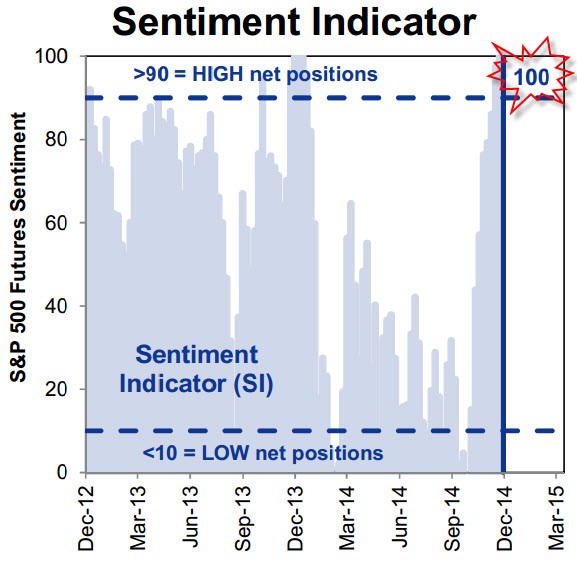Alibaba stock swings wildly in first day of trading Yahoo News Canada
Post on: 16 Март, 2015 No Comment

Business News »
Stock in Alibaba Group Holdings swung wildly in its first hours of trading on the New York Stock Exchange Friday, shooting up to $99 and then plunging as low as $89.95.
The sharp rise from the $68 US issue price was a reflection of how the Chinese e-commerce firm has caught the attention of U.S. investors. There was a very high volume of trading, with 247 million shares trading hands.
The stock began trading in late morning Friday, and was expected to raise up to $21.8 billion.
The initial stock price was at the high range — $68 US a share — and valued the company at $168 billion.
The stock opened at $92.70, well above its issue price. It closed just above that level at $93.31 amid intense retail investor interest in the stock.
Alibaba is synonymous with e-commerce in China, with 1.35 billion people underserved by the more traditional retail sector.
$248B US in sales on Alibaba platforms
Alibaba doesn’t sell goods directly to consumers — it handles more than $248 billion in sales within China for merchants large and small. It handles 11.3 billion orders annually and more than 76 per cent of the mobile e-commerce in the country.
Alibaba web platforms link business to business, business to consumer, and consumer to payment system.
Its holdings include:
- Taobao.com, China’s largest online shopping site and biggest mobile site.
- Tmall.com, which sells goods from domestic and international retailers.
- Alibaba.com, which sells goods from Chinese manufacturers to the world.
- AliExpress, which allows international consumers to buy from Chinese makers.
- AliPay, a secure payments system.
It’s as if the company is eBay, Amazon.com and PayPal wrapped into one company, says founder Jack Ma.
“Our mission is to make it easy to do business anywhere,” he says in the prospectus for the Alibaba Group Holdings IPO.
“Our founders started our company to champion small businesses, in the belief that the internet would level the playing field by enabling small enterprises to leverage innovation and technology to grow and compete more effectively in the domestic and global economies. Our decisions are guided by how they serve our mission over the long term, not by the pursuit of short-term gains,” he said.
Ma saw potential of internet
Ma, an English teacher, was first exposed to the internet on a trip to the West in the 1990s. He was able to see its potential as a means of selling in China.
Traditionally, Chinese are able to buy only a limited selection of goods offered by retailers in their own area of the country. People in rural areas may have to travel long distances to find any retail at all.
But the internet has revealed to 618 million users in China the wide variety of choices that may be available. As they became more affluent, they adapted rapidly to shopping online and the lure of consumer choice.

Ma started Alibaba, the site Chinese goods to the world, in 1999 from his apartment in the southern city of Hongzhou.
He recruited technical expertise early and was able to build the business through strategic buying of smaller players.
The consumer aspect is more recent, reflecting China’s more recent expansion in internet use. Taobao was launched in 2003, Alipay in 2004 and marketing company Alimama in 2007. In 2008, Tmall was launched to address consumer desire for branded and premium products.
In 2009, Ali Cloud Computing was started to help with data management needs.
Ambition to grow
Ma’s ambition is to control the entire chain of e-commerce in China, which has huge potential to grow.
He has plans to expand into transportation and courier service. As with all Ma’s investments, the plan is to improve on the experience Chinese have had in the past, to reduce wait times and improve efficiency.
He began his first website in North America – 11 Main – earlier this year, a small business e-commerce site.
And with the capital raised by the IPO, he has global ambitions. The prospectus for Alibaba Group Holdings speaks of expanded cross-border opportunities, as well as the potential for growth within China.
Ma’s scatter-gun approach to spending capital – he’s bought a soccer team, a dairy company, an online TV platform, a stake in the Singapore Post in the past eight months – may eventually make investors nervous.
But for now they’re clamouring for Alibaba stock, with the listing several times oversubscribed.














